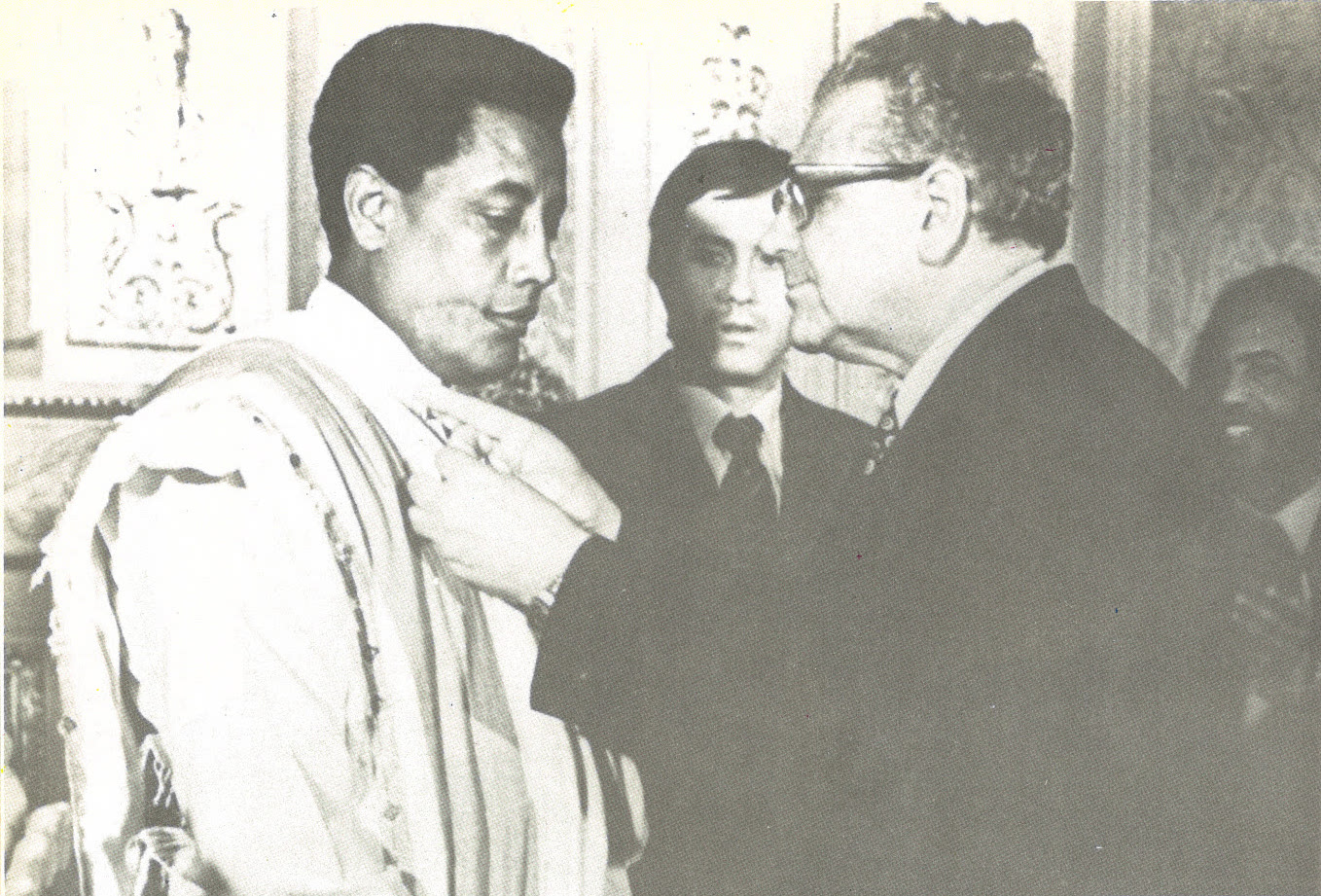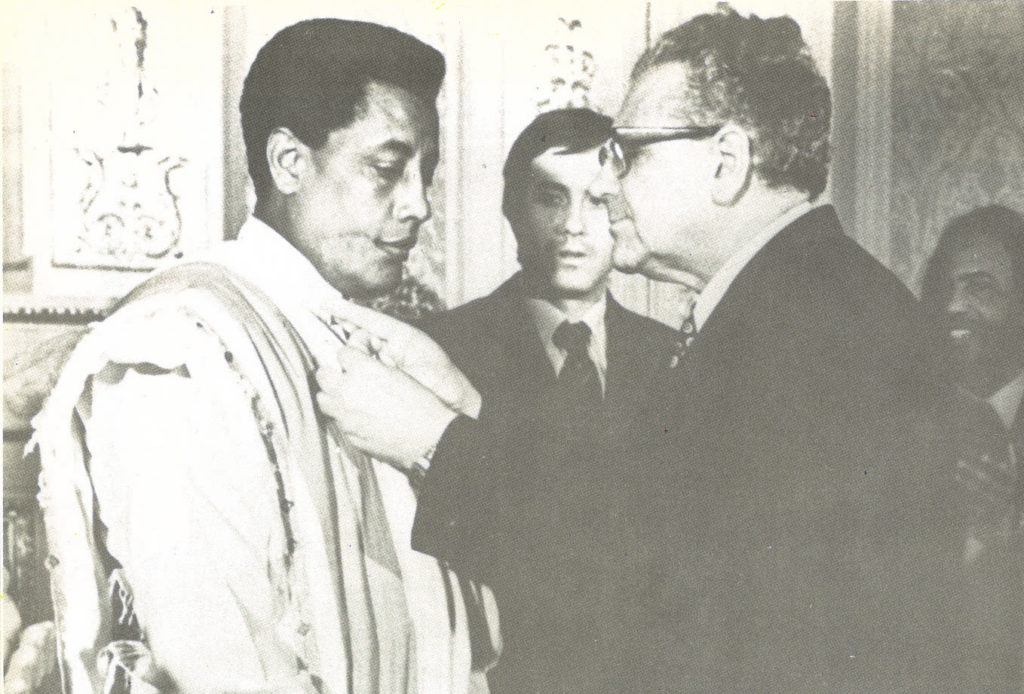
1964
Pushkin Museum, Moscow (1964); Russian State Museum, Leningrad (1980), USSR
In 1964, Ethiopian modern artist, Afewerk Tekle, was invited to the Soviet Union to exhibit his work in Moscow. He was, by this stage, the much favoured artist of the Ethiopian Emperor Haile Selassie, known for his stylized figurative paintings, particularly of Ethiopian women and mothers. After the exhibition he appeared in Boris V. Veimarn’s , General History of Art / Vseobshchaya istoriya iskusstv, (Moscow: Iskusstvo, 1956-1966) as an example of proudly patriotic arts from a historically independent African nation that, though an Pan-Africanist leader and anti-colonial ally, did not appear to be on the path to socialism.
Afewerk returned to Moscow in 1980, in very different circumstances. In 1974 the Ethiopian revolution had overthrown Emperor Haile Selassie, and in his place a Marxist military committee came to power. Though he had been the Emperor’s leading artist, Afewerk quickly negotiated a position for himself within the new regime, developing large scale civic arts to meet very different political criteria. His exhibitions in Moscow and Leningrad in 1980 involved his celebration by the Soviet Union as one of Ethiopia’s leading ‘comrades’. Interestingly, he exhibited some of the same works in 1980 as had been shown in 1964, yet they had taken on new resonances in the wake of socialist revolution.

